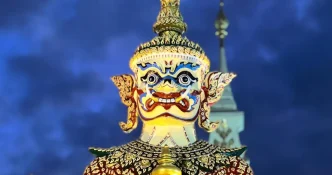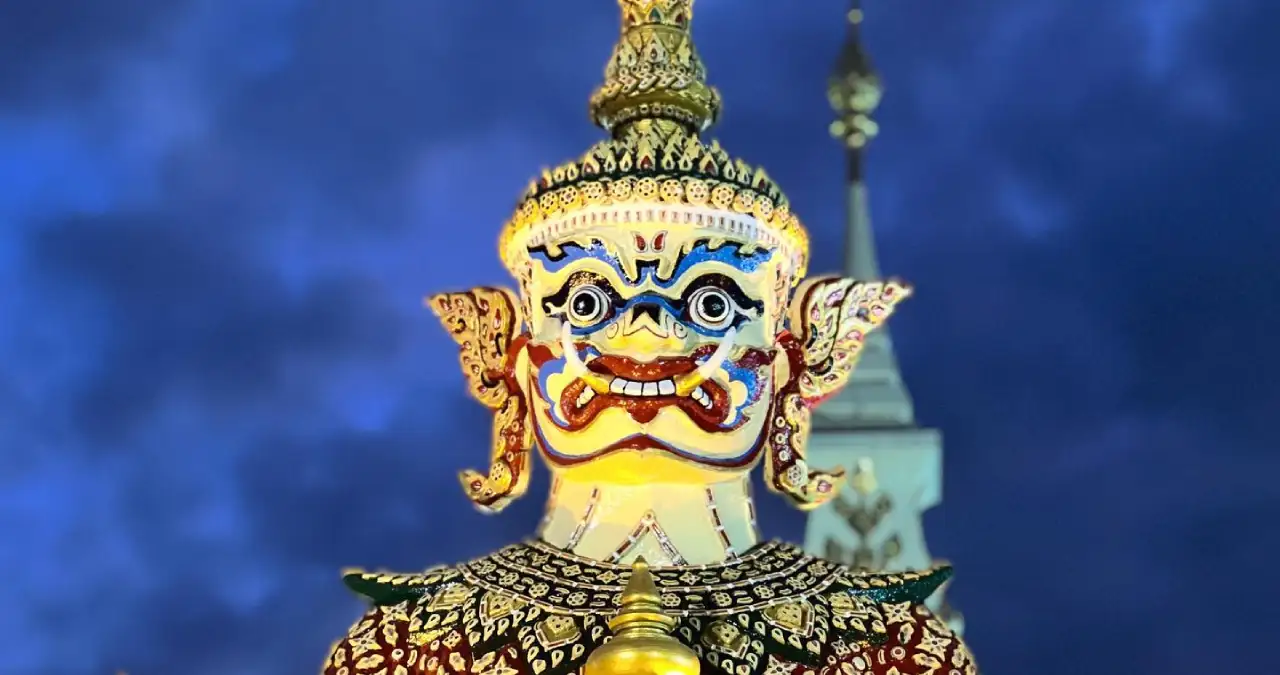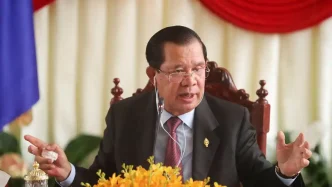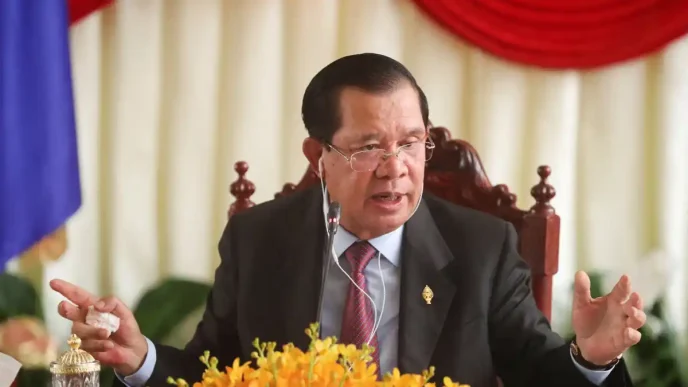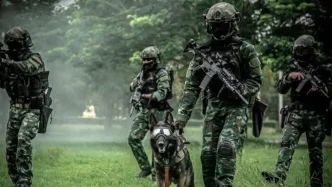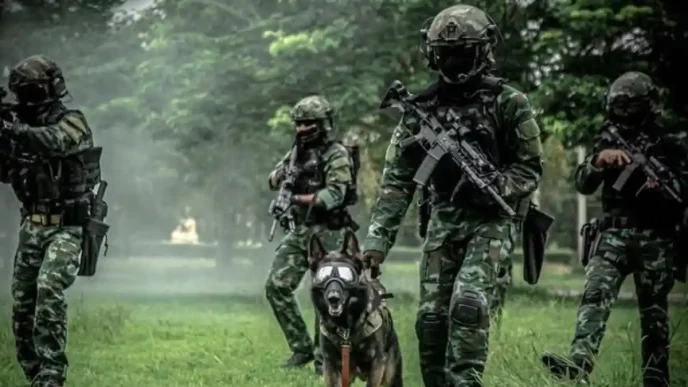At first glance, Bangkok is a city of vibrant street markets, towering skyscrapers, and ancient temples. But beneath its modern facade lies a name that encapsulates centuries of history, spirituality, and resilience. The official name of Thailand’s capital, Krungthepmahanakhon Amonrattanakosin Mahintharayuthaya Mahadilokphop Noppharatratchathaniburirom Udomratchaniwetmahasathan Amonpiman-Awatansathit Sakkathattiyawitsanukamprasit, stretches across 168 characters, making it one of the longest place names in the world. More than just a linguistic challenge, this elaborate title tells the story of a city deeply rooted in divine protection and royal legacy.
A Name Steeped in Meaning
The full name of Bangkok is not merely a string of syllables but a poetic description of the city’s identity. Translating to a vision of a “city of angels” it evokes images of an unconquerable metropolis, home to the revered Emerald Buddha, and a place of enduring beauty adorned with royal palaces. This name reflects Bangkok’s spiritual foundation, tying it to the legacy of the ancient kingdom of Ayutthaya, which fell in 1767 to Burmese invaders. When King Rama I established Bangkok as the new capital in 1782, he chose this name to symbolize resilience and divine favor, embedding within it a hope for the kingdom’s enduring strength.
Each segment of the name carries specific significance, from honoring the city’s celestial protectors to celebrating its status as a center of Buddhist reverence. It’s a linguistic tapestry that weaves together history and aspiration, a reminder of the values that continue to shape Thai identity. For the Thai people, this name is not just a formality but a source of cultural pride, representing a heritage that has withstood the test of time.
From ‘Bang Makok’ to Bangkok
Long before it bore its grandiose title, Bangkok was known by a far humbler name: Bang Makok, meaning “place of hog plums” a reference to the wild fruit trees that once dotted the area. Over time, this was shortened to Bangkok, a name now recognized worldwide. Yet, for official and ceremonial purposes, the full 168-character name remains in use, preserving the city’s historical and spiritual essence.
In daily life, however, Thais rarely utter the full name. Instead, they opt for Krung Thep Mahanakhon, or simply Krung Thep, which still translates to “City of Angels.” This shorthand retains the reverence of the original while offering practicality. It’s a balance between honoring tradition and navigating the demands of modern conversation, ensuring that the city’s sacred origins are never far from mind.
A Musical Mnemonic
Memorizing such a lengthy name is no small feat, even for native speakers. Enter Thai rockstars Asanee and Wasan Chotikul, who turned this cultural challenge into a creative triumph. Their catchy song, which sets the full name of Bangkok to music, has become an anthem of sorts, embedding Krungthepmahanakhon into the collective memory of generations. This musical rendition transforms a potential tongue-twister into a celebration, ensuring that the city’s storied name resonates beyond formal occasions.
The song’s popularity speaks to the ingenuity of Thai culture, where even the most complex traditions can find expression in accessible, joyful forms. It’s a reminder that Bangkok’s identity is not confined to history books but lives on in the hearts and voices of its people.
A Symbol of Enduring Identity
Bangkok’s full name is more than an administrative label; it’s a testament to the city’s evolution from its ancient roots to a bustling global hub. While the metropolis has modernized, its cultural and spiritual foundations remain unshaken. The name serves as a bridge between past and present, encapsulating the pride and values of the Thai people.
As visitors marvel at the skyline from vantage points like Wat Saket, the Golden Mount temple, they may not recite the 168-character name, but its spirit is ever-present. It lingers in the fluttering Thai flags against the cityscape, in the quiet reverence of Buddhist rituals, and in the vibrant energy of Bangkok’s streets. For Thais and travelers alike, the name is a whispered promise of a city that continues to inspire awe.

